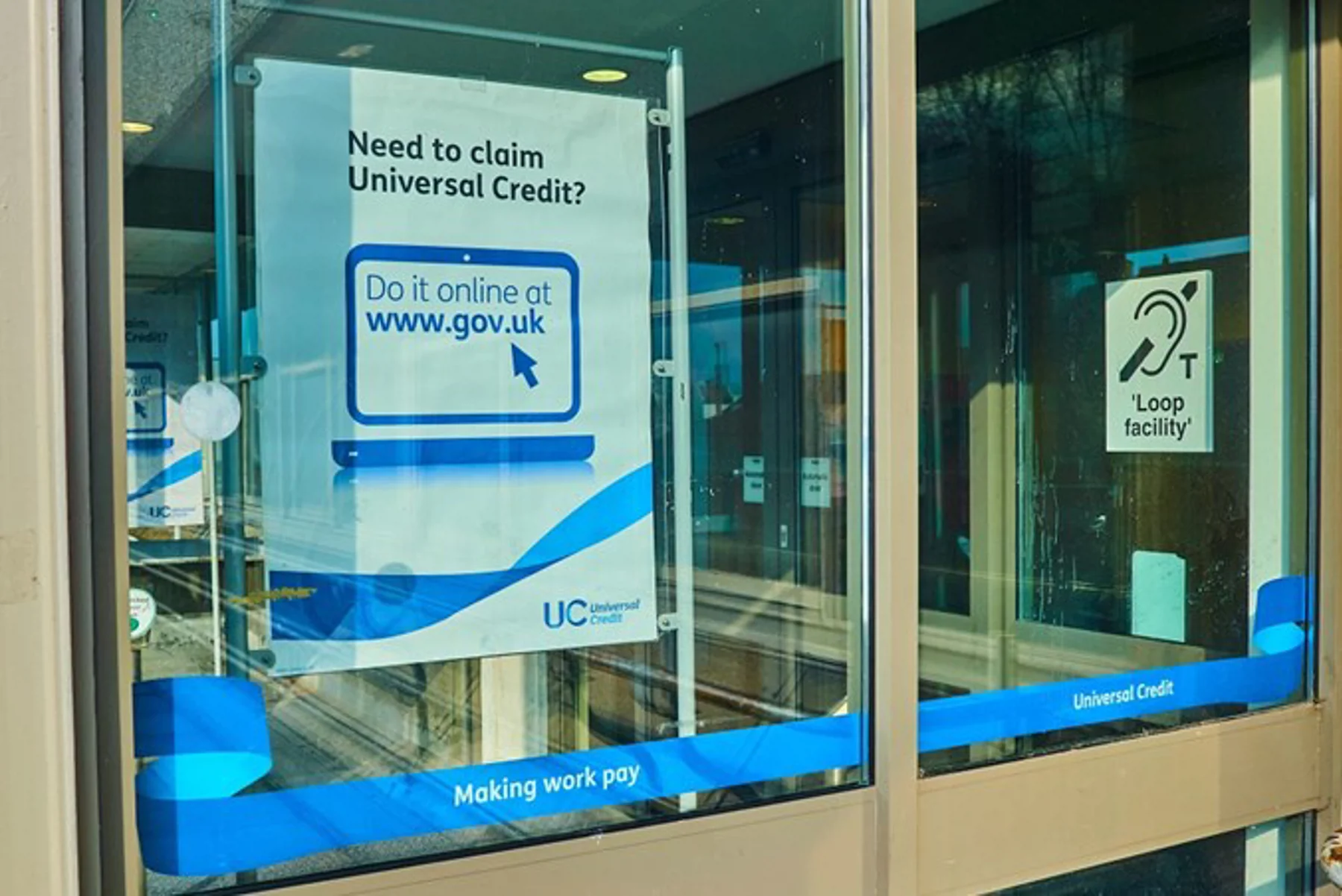The government introduced a major change to Universal Credit in February. The changed rules give new claimants just four weeks to look for their usual line of work instead of three months. After four weeks, claimants have to start looking for any job or risk sanctions. We remain concerned that this rule risks pushing many Equity members into financial hardship.
Four weeks is an unreasonably short timescale, which will prejudice performers and creative practitioners whose work is by its very nature intermittent, unpredictable and precarious. We are continuing to monitor the situation very closely and ask that any members affected by the change get in contact with us.
MPs and Lords criticise Government's actions
In recent months, various influential groups of MPs and Lords have criticised the Government's actions. In March, the House of Lords Secondary Legislation Scrutiny Committee concluded that the use of emergency legislation was unjustifiable and the government's plan was not fully thought through. In April, the Joint Committee on Statutory Instruments stated that the government "failed to comply with proper legislative practice" and limited the opportunity for people affected by the changes to understand their effects before the new rules came into force.
We are also very concerned that the regulations were implemented without consulting the Social Security Advisory Committee (SSAC), who is an advisory body that the DWP is usually obliged to consult on welfare benefit changes.
It is the extremely worrying that Parliament has found that the government did not follow the correct legal process for introducing such a significant change to Universal Credit, which unfairly affects our members. Given the severity of this legislative change, the government should not be avoiding parliamentary scrutiny.
We have been working hard to oppose this measure whilst seeking pragmatic changes to Universal Credit to improve support for our members. Last month, we met with the Shadow Secretary of State for Work and Pensions, Jonathan Ashworth MP to discuss our campaigning priorities.
Following this meeting, parliamentary questions were tabled on our behalf about the impact of the four week rule on performing arts practitioners and the minimum income floor.
DWP accepts minimum income floor has been wrongly applied to members
Which leads us to some promising news to report. Thanks to the tireless work of our tax and welfare team, the Department for Work and Pensions has accepted that the minimum income floor has been wrongly applied to some members.
We had identified that self-employed workers are potentially missing out on Universal Credit payments every month because the government was getting the minimum income floor rules wrong. Members who claimed Universal Credit for the first time during the pandemic should have a 12 month grace period from the minimum income floor from after their gainful self-employment decision, but this is often not being applied. We have raised specific cases with civil servants to try to rectify this and they have accepted the rules were wrongly applied.
We are lobbying the government to check all claims for this mistake, but as things stand, the DWP are relying on you to raise this issue before they put it right. If you think this might apply to you, please contact the Tax and Benefits helpline via email (helpline@equity.org.uk) or telephone (020 7670 0223) and we can help you to challenge it.




